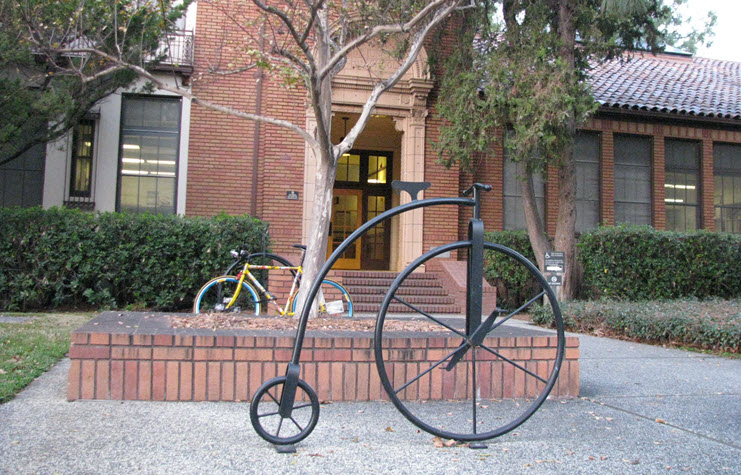 By Richard McCann
By Richard McCann
Two news items this week caught my eye. The first was the announcement of Project Toto by three current and former members of the Budget and Finance Commission, to analyze and forecast the City of Davis budget. The second was an article by Dan Carson, vice chair of the Budget and Finance Commission, outlining the Commission’s recommendation to the City Council on how to formulate an agreement with the University of California over the UC Davis Long Range Development Plan (LDRP). In both cases, it’s citizen members of the Commission, not City staff, Council members, or consultants, driving the analytic process.
What is the common thread? While City staff provided important logistic support, the analytic work was either conducted by Davis citizens, or they gave direct and detailed instructions to consultants conducting the analysis. And from my perspective, in most cases these citizens have been at least as well qualified as the consultants doing the work.
I point out that this situation is entirely unique to Davis. I am not aware of another community in California that has so many citizens who work for either a large research university and the state or federal government. (The only comparable situation I can think of would be in Palo Alto/Menlo Park/Mountain View where Stanford faculty and large corporate staff reside.) Those who work at UCD or in the state capitol are highly qualified, and perhaps even more so, compared to the consultants brought in to conduct these analyses.
And the City staff is as qualified as any in the state, and have helped plan and implement some of the most innovative policies in the state and even the world. But City staff needs to be more generalists and managers, covering a breadth of issues and “fighting fires.” So many Davis citizens have specific, deep knowledge acquired through years of focus on narrow issues.
There are many examples of how City commission and committee members have delved into issues to develop new insights and derive important recommendations. I am familiar with less than a half-dozen of these bodies, but I can come up with several just in the last several years:
- The Valley Clean Energy Alliance (VCEA) is a community choice aggregator (CCA or colloquially, CCE) being formed as a joint power authority (JPA) with Yolo County based on a recommendation by the Davis CCE Advisory Committee. That committee (of which I was a member) relied on analysis prepared and supervised by a small working group. The consultant relied on detailed scenarios constructed with input from the committee, and the committee constructed an alternative decision analysis approach that lead to the final recommendation.
- The Water Advisory Committee (WAC) developed an alternative, innovative rate structure to encourage conservation while assuring revenue stability for the new water treatment plant. Again, the rates were proposed and analyzed by a core team of committee members.
- The Utility Rates Advisory Committee (URAC, now a commission, of which I am a member, and the successor to the WAC), developed an alternative formulation for the water connection fee paid by developers for new housing. The URAC restructured the initial proposal from the consultant, working directly with the data sets and developing alternative models.
- The URAC is now reviewing proposed wastewater rates prepared by a consulting team lead by a former member of the URAC, who resigned to take on the work assignment. The URAC is highlighting the need for a revised City policy on managing enterprise funds based on analysis done by URAC members.
With a bit more research, I could find many more examples. I was part of two citizen task forces over the last 20 years addressing energy management options in which the committees wrote the majority of the reports. And this is just among those bodies that I follow.
I am also aware of several cases where reliance on outside consultants has either gone awry or delayed important information. The most obvious was the use of a Los Angeles firm to assess whether creating a municipal electric utility was feasible and desirable. Despite deep reservations by a citizen advisory group, the report was issued and then trashed. It cost ten times more than comparable reports and nearly derailed the effort to gain some control over electricity management decisions. In other situations, City staff have reached out to consultants on retainer rather than bringing citizens who can provide the same information or analysis more readily.
So I am left with this question: Why are we not using this wealth of human capital to our advantage? Why don’t we assign, and even hire or retain, these individuals to prepare these analyses for commission review? Why should a member have to resign to conduct an analysis, as was the case with the wastewater rates? Too often we confuse “low cost” with “efficient” or even “effective.” The fact is that our local citizens are more likely to be familiar with the local issues and possess the necessary expertise. It’s time to rethink City policy on who to retain for our studies.
The post Enlisting Davis’ Citizen-Analysts appeared first on Davis Vanguard.